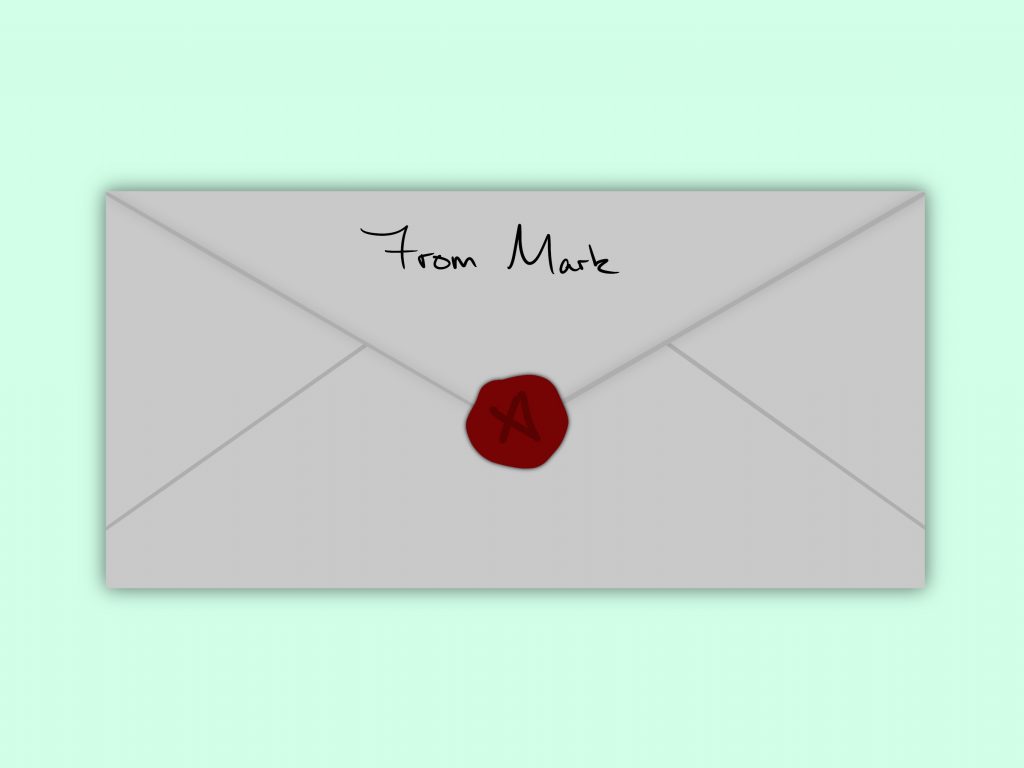Long-form personal (written) communication may be dying. And I will miss it.

There was a time we used to communicate by writing long-form.
Now, it’s done in 140-characters or fewer.
At first, we hand-wrote letters to communicate. You sat at a desk, or table, with a pen in hand, and a drink nearby. You scrawled onto the pages things you were most happy for, puzzled by, and saddened about. With each stroke of the pen, more thoughts spilled onto the page. You pause, hovering the pen over the sheet of paper, and you take a sip of your tea; it’s still hot, but not too hot. It has an aftertaste of blueberries which triggers a memory. You flip the page to confess more.
You’re lost in the conversation.
Then came along email. It was novel. Alluring. The time spent hand-writing and mailing a letter was drastically cut. What would once take days would now only take hours to communicate. Where you would once swoop, dip, and dot your cursive letters, you now pecked and prodded their selection on a keyboard.
In each form of written communication, we had time to sit and reflect on what the sender had written. We stew on the words and respond point by point, ensuring that we covered everything they made known. Then we sat, our thoughts roiling, and we made our own points. We continued the conversation, thinking deeply about what we wanted to say. And amid this exchange, we peeled back the layers of our self and allowed vulnerability to seep through. Even with the distance that kept us from enjoying one-another in person, the deep, introspective, and thoughtful responses kept that closeness and enriched our relationship.
Now we are instantaneous. And superficial.
Text and messaging apps truncate the paragraphs into brief sentences. The inquiries and thoughts expressed has all been compressed into digestible forms of questions that want to make sure you’re not in desperate need of help but beg to not receive anything more than “I’m fine” in response.
The conversation, if one could call it that, is shallow. There is no depth. No flavor. No sustenance. This, however, is not intentional on either party. It is what the platform dictates.
By now, you could be feeling the urge to push back. “I have great conversation through texts,” you’ll say. And you very well may. Maybe you carry in-depth conversation through text messages, in which you truly have time to ruminate on the topic at hand before responding. Or maybe you realize that most conversations are nothing more than “whatcha doing?”
“But Mark,” you continue, “I talk to my friends on the phone, we hangout, and we talk about many things. We have deep conversations!” That you may, but I am speaking of written correspondence. The letter you penned on notebook paper and stuffed in an envelope affixed with your collector’s stamp. I’m talking about the email you let sit in draft as you racked your brain over the question posed to you.
I’m talking about reflection, not reaction.

Not that the other forms of communication are bad or entirely meaningless. The advancement of technology has allowed us to reach people faster than we could ever dream. But it has also left us drowning in a multitude of ways of reaching those same people: you respond to a message in Slack, they send you one back via Instagram DM; you respond in text message; they reply in Signal; you question their latest response in Google hangouts, and they send you a Discord message to clarify the statement made on Twitter.
Even more is the loss of that personal touch. Yes, I would vastly prefer the written letter to that of digital text, but I don’t think anyone is going to be investing in a personal stationery kit to write me letters.
Handwritten letters gave insight into the sender. The paper they selected, the ink that dried on the page, and the imprint left behind as they wrote across the sheet. It was tangible. Something to keep. You got to see their misspellings, the corrections, the change in thought, when they broke a paragraph, when they started a new sentence, or how they ended one.
Email is the sanitized version. You don’t see the misspellings, mostly. You don’t see the crossing out of incorrect word choices. You get pieces of thought that have been dusted and reorganized by the editor. You don’t see the intricacies of their writing. Like my knack for writing the uppercase letter ‘F’ backwards.
What you get is the time invested and the careful response.
I still text. I still message people across varying apps. But I also sit with a cup of coffee, or tea, and email (some) friends on a weekly basis. We talk about writing, career, politics, food, books, movies, and whatever else that is on our mind. And it is a unique experience—one that I missed—to sit, reflect, and write.
Therefore, I wonder—what will written personal correspondence look like over the next decade or two? Will long-form communication cease? Will our most reflective conversations fade with the shutter of a messaging service?
Only time will tell, but for now, I have an email waiting to read and some words to think about.